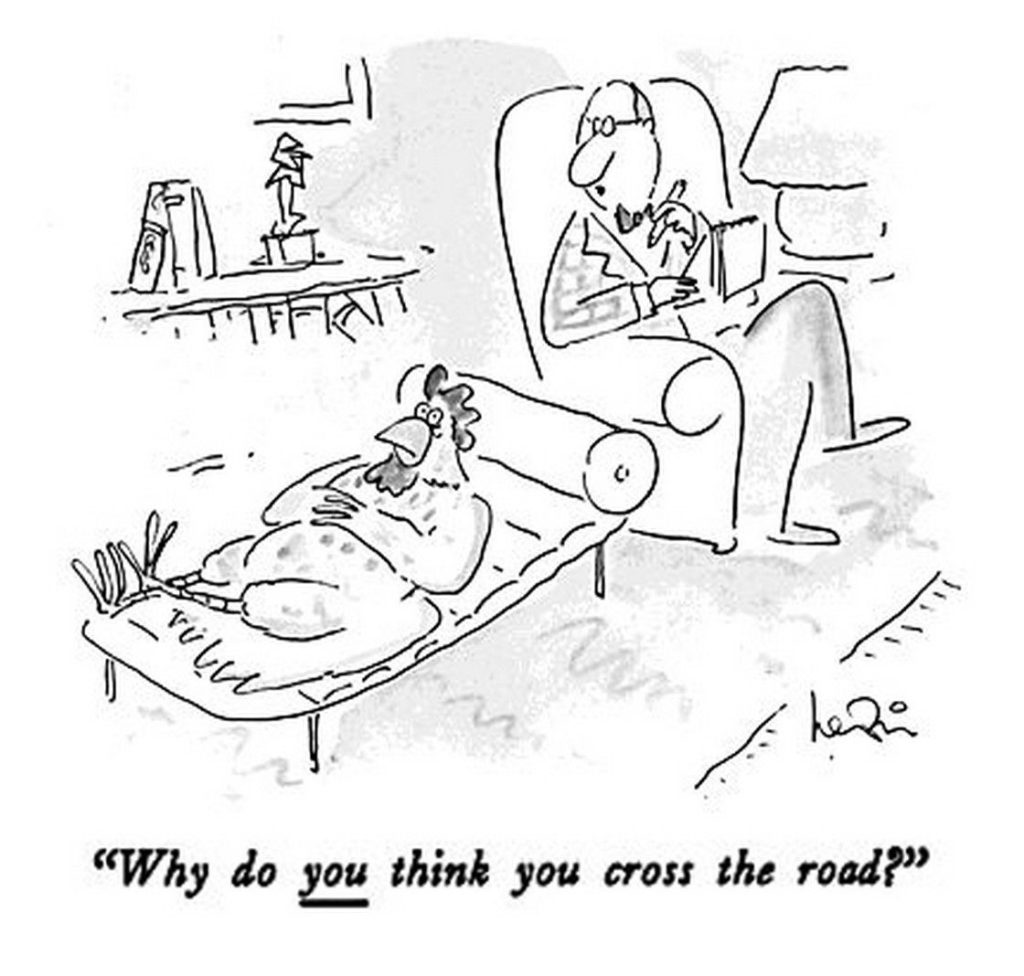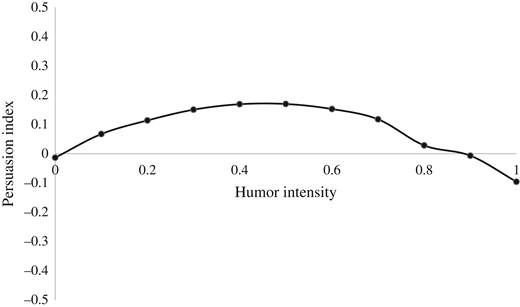Humour is often used as a communication device, to charm and to offend, to mock and to encourage, but ultimately to persuade. Despite the common usage, the question “to joke or not to joke?” still provoke heated debates. Scientists cannot miss this research opportunity. A team from University of South California conducted an analysis to better understand the contingencies of humour effects. The results are summarised in a paper “A Priest, a Rabbi, and a Minister Walk into a Bar: A Meta-Analysis of Humor Effects on Persuasion“. They scrutinized some hundred studies and find three interesting things about effects of humour on persuasion.

First, indeed humour has effect on persuasion. Overall this effect is weak, but robust. But, humor has a moderate-level influence on knowledge, but only a weak impact on attitudes and behavioral intent. In other words, use jokes to support learning. But don’t expect gigs would significantly change attitudes and behaviuor.
Second, jokes should be relatable. The study found that the most effective is humour central to the message, addressed to the topic important for people (or, as authors put it related-humor for highly-involved individuals). When humor was central to the message tended to exert more impact on knowledge, attitudes, and behavioral intent, compared to messages that used humor only peripherally. What is is more important, effects were stronger when the topic of the message had direct consequences for the participants’ lives (what authors call highly-involved individuals). Hence, surprisingly, humorous instructions on important things work better. Safety procedures during a flight or a message advocating against drinking and driving addressed to students, just to name a few.
Third, use it but don’t abuse it. No jokes is bad, too many jokes is even worse. The results revealed an inverted U-shaped effect of humor intensity on persuasion. Small amounts of humor may not be enough to draw attention. Too much humor overwhelm the processing of information, things getting “too funny”. One need to calibrate and moderate. The good news is that one should just avoid extremes. There is a broad range of humour intensity, where it works well.

